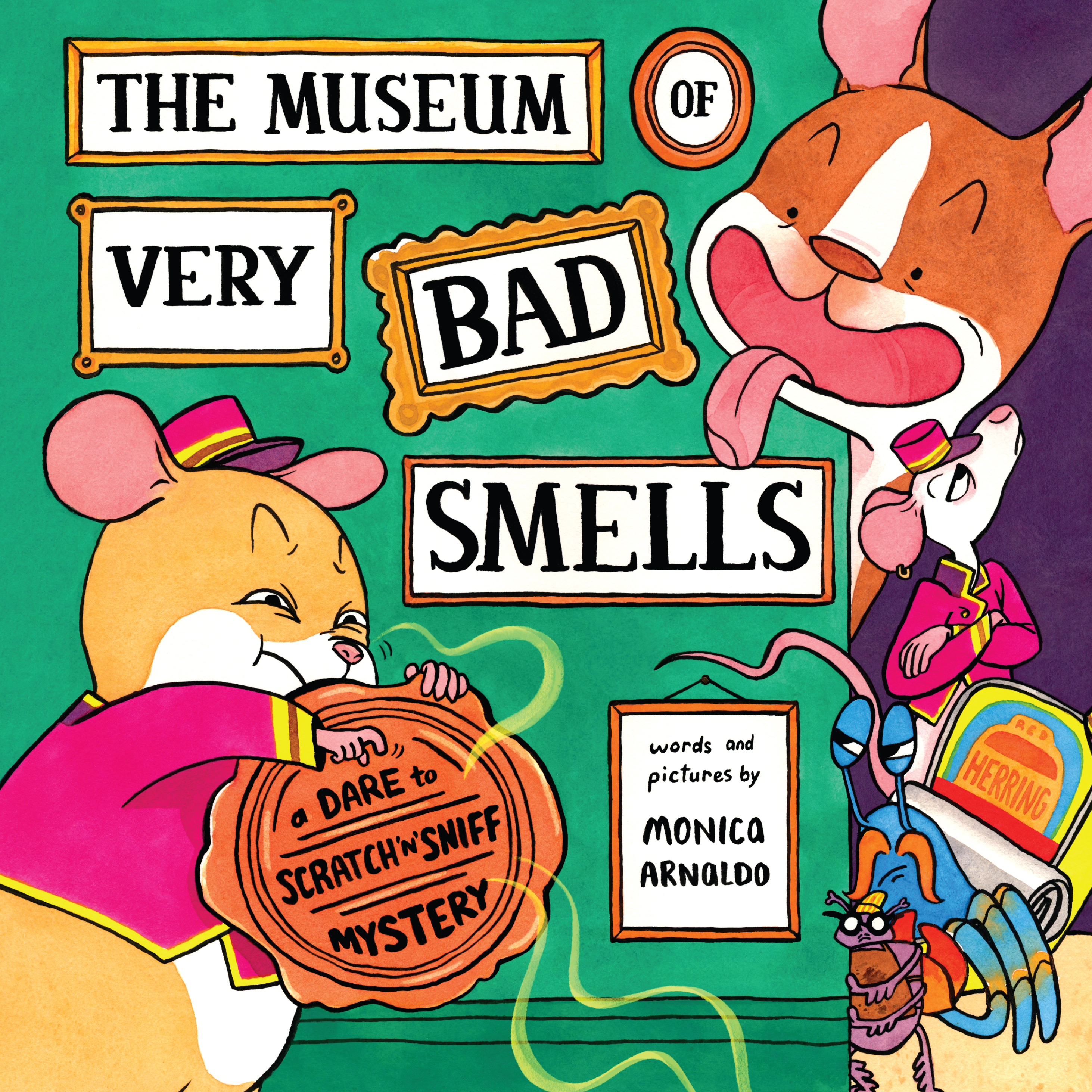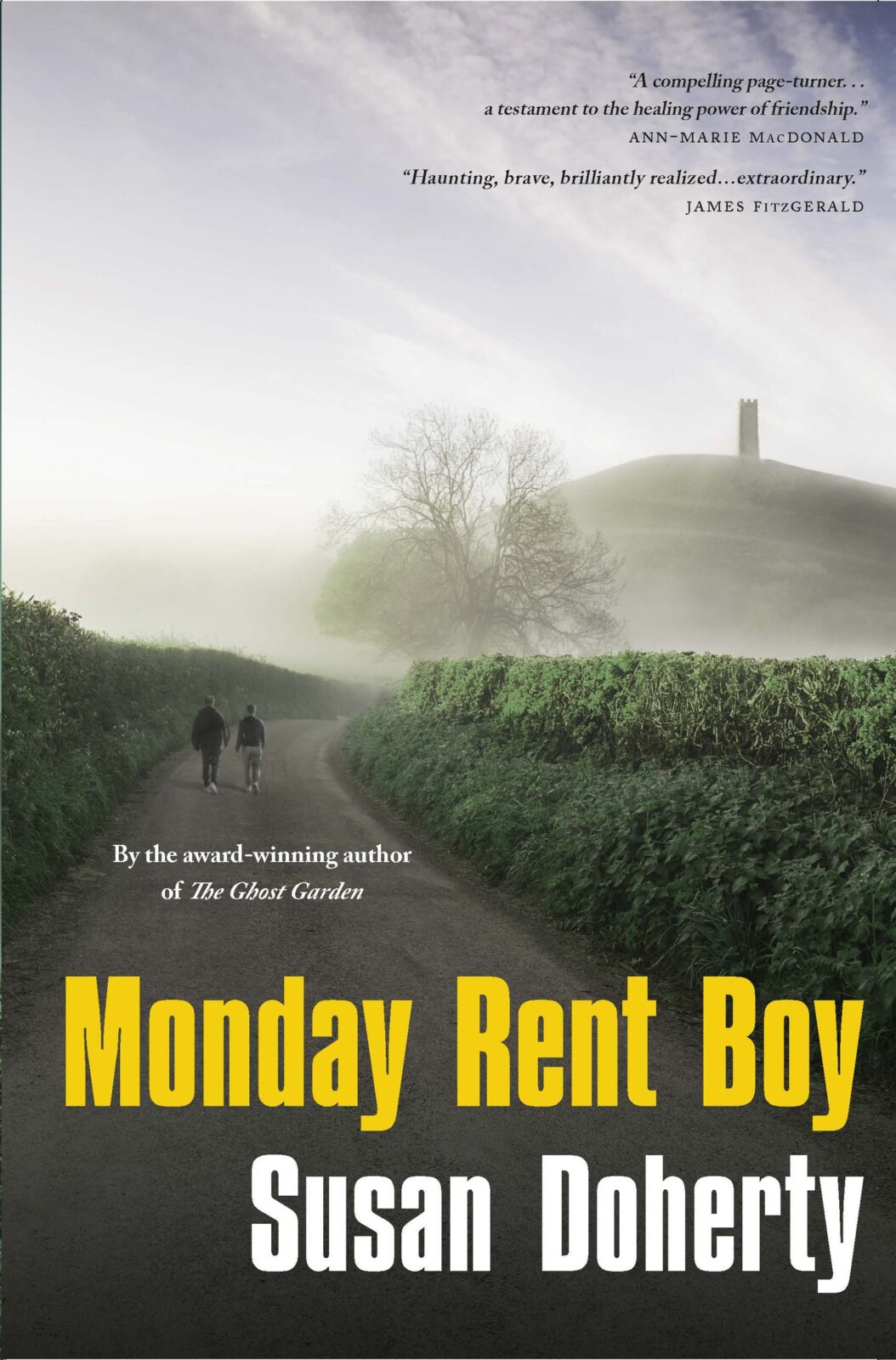The Mole Chronicles
Andy Brown
Insomniac Press
$21.95
paper
224pp
1-897178-25-5
In The Mole Chronicles Brown isn’t a storyteller, he’s a diarist. His secondary characters aren’t fully fledged antagonists but a variety of perspective-calibrated mirrors for further self-reflection. And his ramblings, while articulate, are overwrought where unnecessary and vague when the opposite is mandated.
In one chapter, Brown’s protagonist recalls a pubescent incident where he soiled his pants on a class trip to the pool. It’s a humiliation. But the lack of plausible explanations for this event renders it false, a cheap manipulation to steer us where the story has failed to thus far. It’s an inelegant literary tool to rally sympathy and the effect is inverse. How did he lose control of his bowels? Why is this important? This we never learn.
Some of the vignettes are nicely coloured, pleasant little anecdotes delivered with relative subtlety. As the protagonist relates the enthusiasm for discount bin comics he shared with his sister, for his midnight dip with a potential (ultimately aborted) lover, stirrings of interest appear. And some devices, like the use of auto insurance incident reports as framework for exposition, do entice. But in the larger context of the book, hobbled by haphazard and inexpert structure choices, these pepperings of craft offer little spice.
Brown’s novel captures a dull and uncompelling life given weight by over-analysis and romanticization. The authorial voice has a jejune writer’s posture, a literary Keanu Reeves turn – the writer vamping his notion of a writer writing a book. In one instance, our protagonist discusses a work of art with his date. She says, “A little too literal, doncha think?” Ironic. The reader wants to say, “Maybe it could stand to be.”
The thin trappings of a plot appear about three-quarters of the way through the book when the story veers into a ludicrous eco-terrorist intrigue, with a covert league of kidnapping blackmailing dermatologists. For this reviewer, as so many times before, had the reading not been for review, the frustrating tome would have found itself flung to a corner, never to be revisited.
The book’s only real triumph occurs 15 pages from the end, when the last dot is connected. The sister’s slight but engaging billboard-sabotaging storyline literally collides with the protagonist’s preposterous kidnapping one, and the whole affair gets distilled through the accident report conceit. Too little too late. There might be a good short story here, but as a novel it’s a sham. There are less worthy draws on a reader’s time and sensibilities but I wouldn’t recommend those either. For a book to be both arch and yet slack in the execution is the worst of writerly crimes. mRb






0 Comments